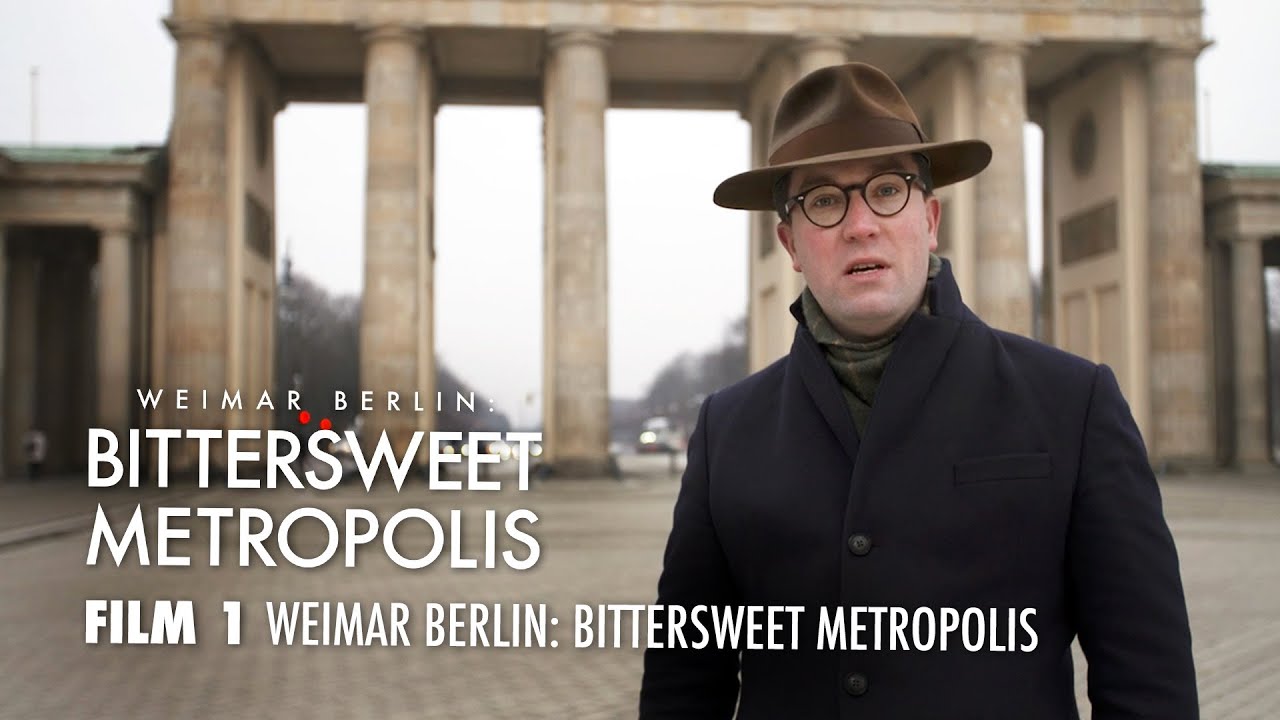Federalism (Pt. 6)
Summary
TLDRThis video explores the New Deal era of the 1930s, marking a significant shift in American federalism and the birth of modern government. It highlights how the New Deal introduced a series of laws and policies, expanding the size, scope, and power of the federal government. Key social safety programs, like Social Security and unemployment insurance, were created to support citizens during tough times. The video emphasizes how this era transformed the federal government into a far-reaching entity, deeply involved in many aspects of American life, which continues today.
Takeaways
- 🕰️ The video highlights that we're still in period 2 but fast-forwarding to the 1930s, focusing on the New Deal era.
- 🏛️ The New Deal is marked as the beginning of modern government in the U.S., with a significant expansion of federal power.
- 📜 The New Deal was not a single law but a series of laws and policies introduced in response to the Great Depression.
- 💼 The New Deal led to the creation of many federal agencies, contributing to a massive growth in federal employees.
- 🐙 The size of the federal government expanded greatly, with more agencies and workers, symbolized as an 'octopus' with growing tentacles.
- 🛡️ The scope of the federal government also expanded, introducing social safety net programs like Social Security, unemployment insurance, and food stamps.
- 👵 These social programs were designed to prevent individuals from falling into poverty during tough times, marking a shift in government responsibility.
- ⏳ Before the 1930s, the federal government was not involved in social services, but this changed during and after the New Deal era.
- 🔧 The New Deal fundamentally altered the role of the federal government, making it more involved in regulating everyday life.
- 🌍 The video emphasizes that today, the federal government regulates many aspects of daily life, from communication to environmental factors.
Q & A
What is the significance of the New Deal era in U.S. government history?
-The New Deal era, primarily during the 1930s, is regarded as the birth of modern government in the U.S. It marked the greatest expansion of federal government size, scope, and power, especially through the creation of numerous federal agencies and social safety programs.
What is the New Deal, and was it a single law?
-The New Deal was not a single law but a series of laws and policies passed during the 1930s in response to the Great Depression. It was more of a political slogan used to sell these policies, similar to modern political slogans like 'Make America Great Again.'
How did the New Deal impact the size of the federal government?
-The New Deal significantly expanded the size of the federal government, leading to the creation of many federal agencies and millions of new federal workers. This growth is often compared to an octopus, with the federal government's 'tentacles' extending further into different sectors of society.
What role did the New Deal play in expanding the federal government's involvement in social services?
-Before the 1930s, the federal government was not involved in providing social services. The New Deal introduced programs like Social Security, unemployment insurance, and food stamps, forming the foundation of the modern social safety net designed to prevent citizens from falling into poverty during tough times.
What examples of federal agencies were created during the New Deal?
-Many federal agencies were created during the New Deal, including the Federal Communications Commission (FCC) and others referred to as 'alphabet soup' due to their acronyms. These agencies remain central to government operations today.
How did the New Deal change the federal government’s scope?
-The New Deal broadened the scope of the federal government, particularly through the establishment of social safety programs that protect citizens from poverty during hardships. This represented a shift in government responsibilities, which had previously not included social services.
What is meant by the 'alphabet soup' of government mentioned in the transcript?
-'Alphabet soup' refers to the numerous federal agencies established during the New Deal, each represented by acronyms (such as FCC for Federal Communications Commission). These agencies were a direct result of the expansion of government during the 1930s.
Why was the New Deal era pivotal in expanding federal power?
-The New Deal expanded federal power by creating new regulatory laws, policies, and agencies. It shifted the government's role from a limited one to a more active regulator of various aspects of American life, including the economy, health, and welfare.
How did the New Deal change Americans' perception of the federal government?
-Before the New Deal, Americans did not typically turn to the federal government for assistance. After the New Deal, citizens began to rely on federal programs for help during hard times, such as unemployment or health issues, reflecting a new relationship between the government and its people.
How does the New Deal continue to influence the federal government's role today?
-The New Deal's legacy continues today as the federal government remains heavily involved in regulating various aspects of life, from communications to healthcare. This level of involvement is a direct result of the expansions initiated during the New Deal era.
Outlines

This section is available to paid users only. Please upgrade to access this part.
Upgrade NowMindmap

This section is available to paid users only. Please upgrade to access this part.
Upgrade NowKeywords

This section is available to paid users only. Please upgrade to access this part.
Upgrade NowHighlights

This section is available to paid users only. Please upgrade to access this part.
Upgrade NowTranscripts

This section is available to paid users only. Please upgrade to access this part.
Upgrade Now5.0 / 5 (0 votes)





